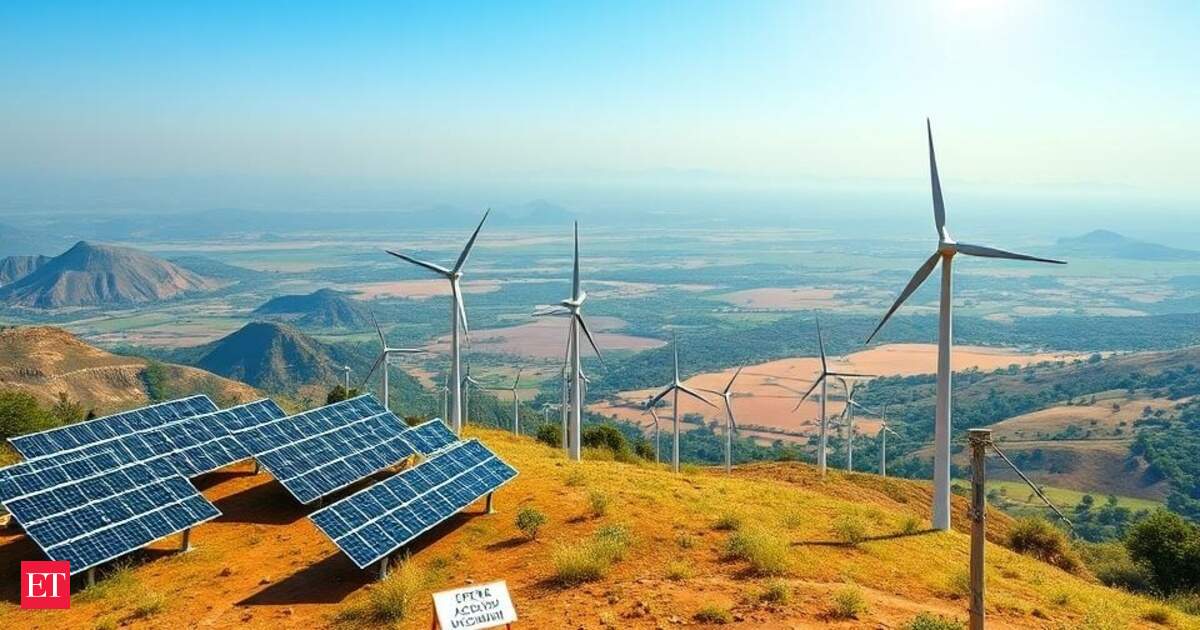Key Takeaways
- India has reached 50% non-fossil fuel power generation capacity, totaling 242.8 GW.
- This achievement occurs five years ahead of the 2030 target set by the government.
- The country aims for 500 GW of renewable energy by 2030, reinforcing its international climate commitments.
Significant Milestone in Renewable Energy
India has announced that it has achieved a major milestone in renewable energy by reaching 50% of its power generation capacity from non-fossil fuel sources. According to Union Minister of New and Renewable Energy, Pralhad Joshi, this significant achievement equates to 242.8 gigawatts (GW) out of a total installed capacity of 484.8 GW. This accomplishment comes five years ahead of India’s target set for 2030, further emphasizing the country’s commitment to sustainable energy.
The progress marks a critical step towards fulfilling India’s ambitious goals in renewable energy. As stated by Joshi, “Under the visionary leadership of Hon’ble Prime Minister Shri @narendramodi ji, a major climate commitment has been fulfilled.” This achievement is not merely celebratory; it illustrates India’s ongoing transition towards a greener energy landscape and aligns with the nation’s broader vision for sustainable growth by 2047.
The target set by the Indian government aims for a total of 500 GW of renewable energy-based electricity generation by 2030. Joshi highlighted the expansion of non-fossil fuel capacity as pivotal not just for India, but for global climate efforts. He characterized this milestone as a “historic green leap for India,” reinforcing the notion that progress in renewable energy is crucial for both national and international climate resilience.
Joshi’s statements reflect a sense of pride and achievement, mentioning that reaching this capacity represents a moment of pride for every citizen. The rapid development indicates that the nation’s green transformation is on track, thanks to PM Modi’s leadership. This advancement promises a more self-reliant, sustainable future that is imperative in the face of growing climate challenges.
The achievement not only serves as a testament to India’s green initiatives but also positions the country favorably in discussions surrounding renewable energy at international forums. As global focus increases on reducing carbon footprints, India’s proactive steps in bolstering its non-fossil fuel capabilities enhance its credibility as a leader in climate action.
In conclusion, India’s progress in achieving 50% of its power generation capacity from non-fossil fuels is a substantial step towards realizing its long-term objectives. As the nation continues to work towards its ambitious renewable energy goals, this milestone provides a strong foundation for future developments and reflects the potential for further advancements in sustainable energy practices.
The content above is a summary. For more details, see the source article.















